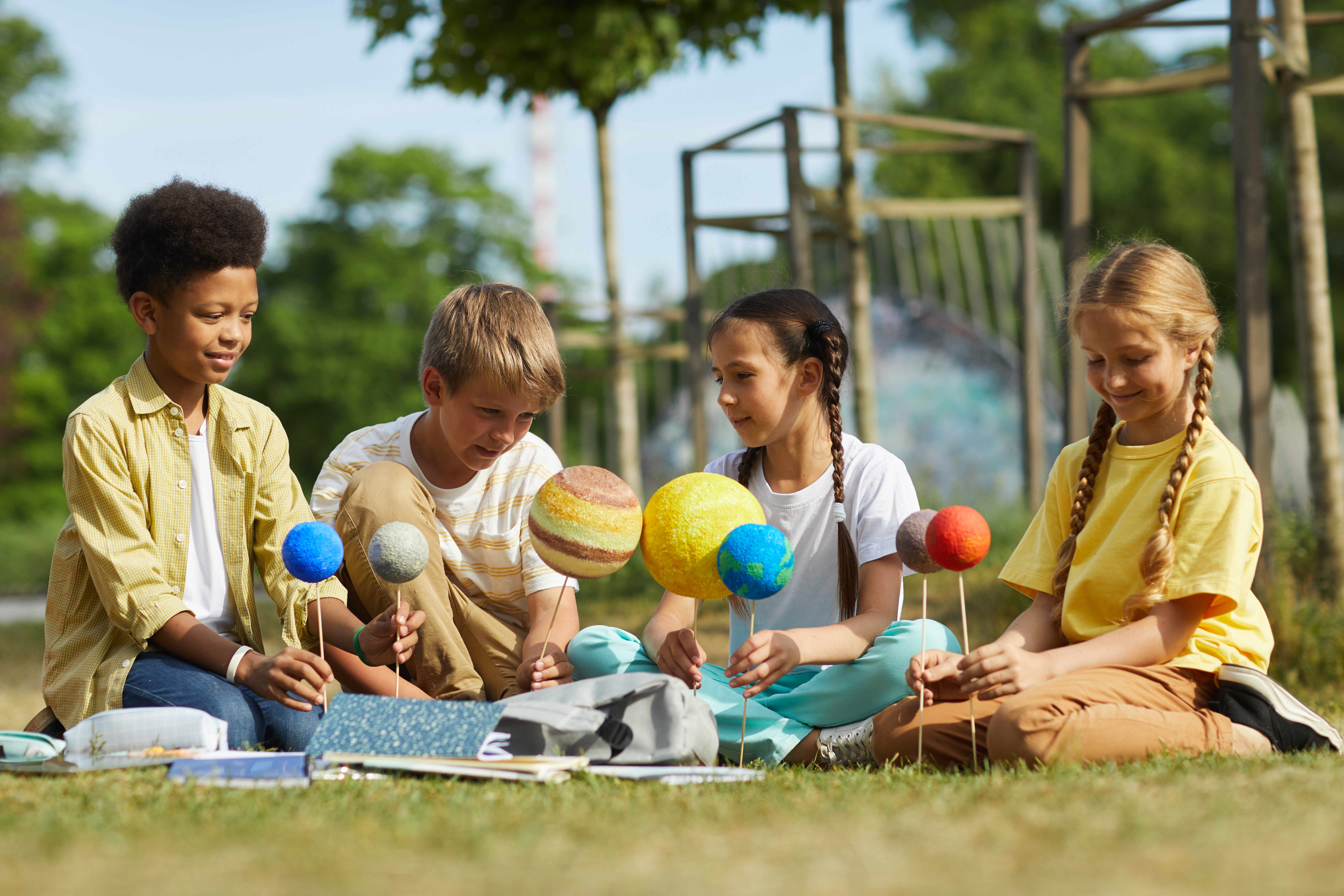
While most kids today are probably counting down the days until summer vacation, parents, teachers and administrators may be concerned about the loss of learning that sometimes occurs during the extended time away from school.
Out-of-school programs, especially those during the summer, play a crucial role in augmenting traditional classroom education. They offer unique opportunities for students to delve deeper into subjects, explore their passions, and develop essential skills beyond the confines of a syllabus. These programs provide a rich tapestry of experiences that complement and enrich formal schooling. Let's explore how these out-of-school initiatives enhance classroom learning and contribute to holistic education.
Fostering a Passion for Learning
One of the most significant benefits of out-of-school programs is their ability to ignite a passion for learning. These programs often offer a more relaxed and exploratory environment, allowing students to engage with topics they may not encounter in their regular classes.
Whether it's robotics and technology, creative writing, or environmental science, summer programs provide avenues for students to discover their interests and pursue them with enthusiasm. By nurturing this passion, students become more engaged learners, eager to delve deeper into subjects both inside and outside the classroom.
Local avenues for specialty programs can often be found through nearby universities, libraries, school systems, or private organizations.
Hands-On Learning Opportunities
Summer programs offer hands-on learning experiences that are often challenging to offer within the confines of a classroom. Whether it's conducting science experiments, participating in outdoor field trips, or engaging in artistic endeavors, these programs provide tangible experiences that reinforce classroom concepts. Hands-on learning not only helps students grasp theoretical concepts more effectively but also fosters critical thinking, problem-solving, and creativity—skills that are essential for success in the modern world.
While many local businesses, museums, schools, and churches may offer hands-on learning opportunities, you can also create such experiences for your own family or with a small group of friends. Many local organizations may offer summer programs and field trips that provide discounted or day camp experiences for students of different ages.
Individualized Instruction and Support
In many summer programs, the student-to-instructor ratio is lower than in traditional classrooms, allowing for more individualized instruction and support. This personalized attention enables educators to cater to the unique needs and learning styles of each student, providing targeted assistance where necessary and challenging them to reach their full potential. Additionally, smaller group sizes foster a sense of community and collaboration, creating a supportive learning environment where students feel comfortable exploring new ideas and taking risks.
Traditionally known as summer school, courses that can help students catch up, maintain knowledge, or even get ahead are available both in-person and in online programs.
Building Social and Emotional Skills
Beyond academic achievement, summer programs also play a vital role in nurturing students' social and emotional development. Through collaborative projects, team-building activities, and peer interactions, students learn valuable communication, leadership, and interpersonal skills.
They develop empathy, resilience, and the ability to work effectively in diverse groups—all of which are essential for success in both academic and real-world settings. Furthermore, summer programs often provide a safe space for students to express themselves, build confidence, and develop a sense of belonging outside of their regular academic environment.
Reinforcing Classroom Concepts
Summer programs complement and reinforce classroom learning by providing opportunities for students to apply and extend what they've learned in school. Whether it's practicing math skills in a robotics club, exploring historical concepts through interactive simulations, or honing language abilities in a creative writing workshop, these programs bridge the gap between theory and practice. By connecting classroom lessons to real-world applications, summer programs deepen students' understanding and appreciation of academic subjects, making learning more meaningful and relevant.
Conclusion
Summer programs are invaluable supplements to traditional classroom education, offering a wealth of opportunities for students to learn, grow, and thrive. By fostering a passion for learning, providing hands-on experiences, offering individualized support, promoting social and emotional development, and reinforcing classroom concepts, these programs play a pivotal role in shaping well-rounded individuals prepared to tackle the challenges of the 21st century.
As educators and policymakers recognize the importance of holistic education, investing in and expanding access to summer programs becomes essential in unlocking the full potential of every student. After all, learning doesn't stop when the school day ends—it's a lifelong journey enriched by diverse experiences both inside and outside the classroom.


